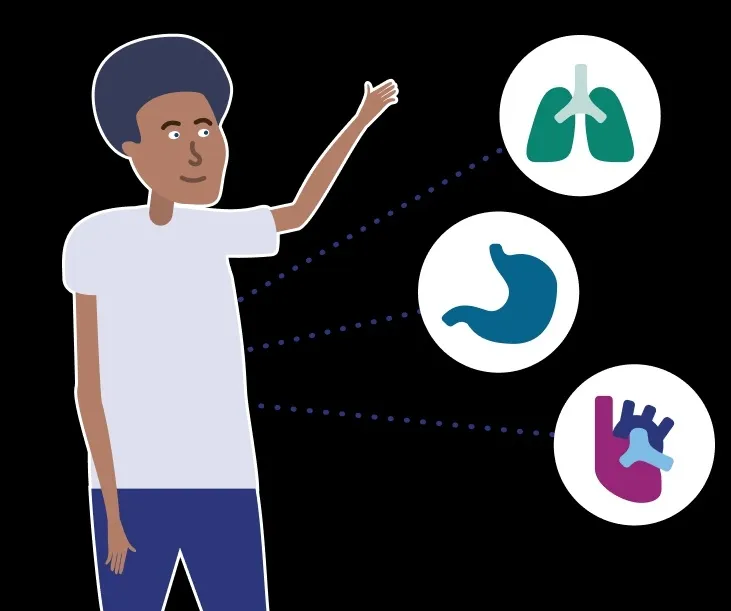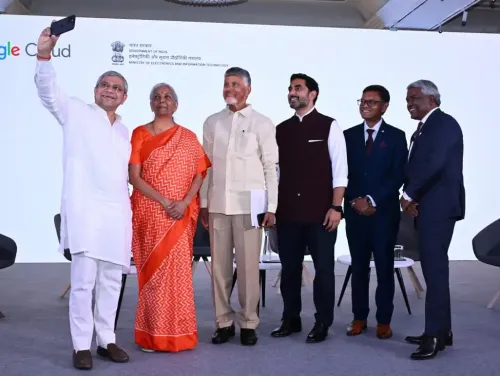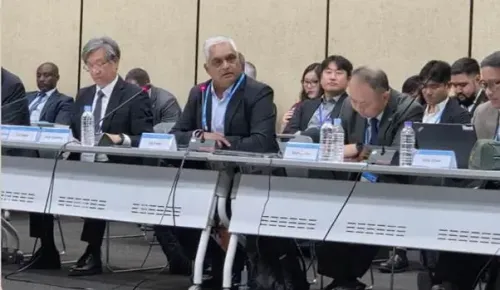Are Policy Reforms the Key to Enhancing Global Equity in Organ Transplantation?

Synopsis
Key Takeaways
- Policy reforms are essential for equitable access to organ transplants.
- Disparities in access to healthcare are a global challenge.
- Low- and middle-income countries require targeted support for organ transplantation.
- A national registry can help track disparities and improve access.
- Public investment is crucial to enhance transplant capabilities.
New Delhi, July 2 (NationPress) Policy reforms are essential for ensuring fair access to life-saving organ transplants for underserved and marginalised groups, as highlighted by a global study led by researchers from various countries, including India.
While the global landscape for solid organ transplantation has seen advancements, numerous patients, especially in low- and middle-income countries (LMICs), face significant barriers to accessing these critical services.
This research is part of a series by The Lancet aimed at advocating for equitable access to vital organ transplantation treatments, shedding light on the stark disparities that exist and the urgent need for equitable solutions across LMICs.
Despite progress in organ preservation techniques and immunosuppression, the lack of access remains a pressing issue for marginalised populations.
The study proposes a comprehensive policy agenda to tackle the inequalities in access to transplants and the necessary post-transplant care, emphasizing that these issues extend beyond local contexts to pose global challenges.
Dr. Vivekanand Jha, co-author and Executive Director of The George Institute for Global Health India, stated, “As we work to enhance global health, it is imperative to prioritize public investment and accountability to ensure that innovative treatments are available to everyone, irrespective of their socio-economic background.”
Although organ transplantation is recognized as a cost-effective treatment, challenges persist, including a limited donor pool and insufficient resources for immunosuppressive medications.
While nations like the US, Spain, and South Korea report over 100 transplants per million residents each year, many areas in Africa, Asia, and South America fall below 20 per million.
The report positions India among countries with multiple transplant centers yet grappling with significant funding and prioritization challenges.
“India faces issues with public investment and care coordination despite having existing frameworks,” the study indicated.
Furthermore, it pointed out that the majority of transplants in India occur in private hospitals located in urban centers, with no comprehensive national policy addressing transplantation costs, even as many states offer free dialysis.
Dr. Jha remarked, “India is on the brink of making substantial improvements in transplant capabilities. Moving forward, we need to ensure that these life-saving treatments are accessible to all Indians, regardless of their geographical location or income level. Achieving this will necessitate targeted public investment, comprehensive policy reforms, and robust accountability mechanisms.”
The research advocates for the establishment of a national organ transplantation registry to monitor access disparities; enhancing public sector transplant infrastructure; and incentivizing equitable service distribution.
It also calls for financial protections for both recipients and living donors via national insurance policies; standardizing transplant eligibility and organ allocation criteria for fairness; and enhancing access to affordable post-transplant care, including immunosuppressive medication and telemedicine services.









